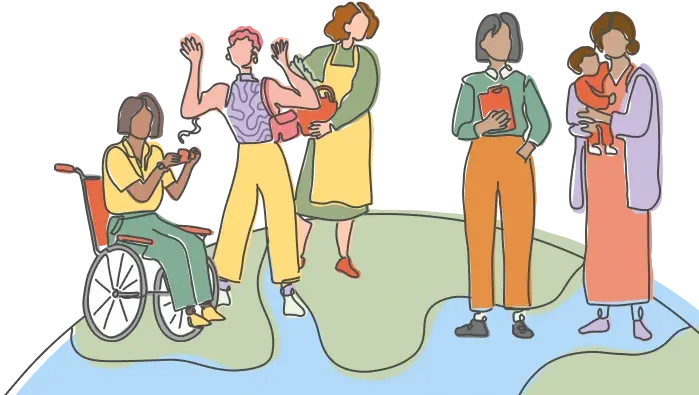
At present, Amaha is not equipped to handle crises cases. If you think you may have an emergency, call your doctor or the emergency helpline in your area immediately. If you're having suicidal thoughts, talk to a skilled, trained counsellor at a crisis centre in your area. You can also reach out to a suicide hotline in your country of residence here: http://www.healthcollective.in/contact/helplines. Remember that it gets better.
About Amaha
About Us
Careers
Amaha In Media
For Therapists
Contact Us
Help/FAQs
Services
Adult Therapy
Adult Psychiatry
Children First Services
Couples Therapy
Self-Care
Community
Psychometric Assessments
Conditions
Depression
Anxiety
Bipolar Disorder
OCD
ADHD
Social Anxiety
Women's Health
Professionals
Therapists
Psychiatrists
Child and Youth Experts
Couples Therapists
Partnerships
Employee Well-being Programme
Our Approach & Offerings
Webinars & Workshops
College Well-being Programme
LIBRARY
All Resources
Articles
Videos
Assessments
Locations
Bengaluru
Mumbai
New Delhi



Build a good life for yourself
with Amaha
Best App
for Good
on Google Play India


